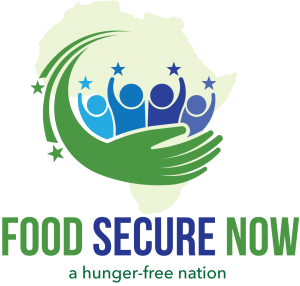Our Services
We serve the needs of the low-income earners, the hungry, the rural farmers without access to adequate support, and the poverty-stricken population in Johannesburg. By providing access to food aid and humanitarian resources, we hope to put a smile on their faces and make life meaningful for them. There are around 2 million people living below poverty lines in Johannesburg. Out of this, figure around 40% accounts for households and individuals who cannot afford a meal on a given day. This 40% is our target and it is critical we reach them because the reduction for food insecure and hungry will lead to a productive and better society.
Our Programmes
Food Emergency Programmes
We will provide emergency food assistance to vulnerable populations in Johannesburg affected by natural disasters such as droughts and floods, and in response to conflict. Our response tools will include purchased food (“in-kind” food aid), agricultural produce, and medical supplies. Sometimes we might provide beneficiaries with cash or food vouchers so they can directly access food in their local markets. There is no one “right” way to aid hungry people.
Fight Against Insecurity and Hunger
When food is available in markets accessible to those affected, we provide them with the necessary financial means to buy them – either vouchers or cash. This approach helps to reinvigorate the local economy while leaving the dignity of those affected intact, and allowing them to choose their priorities in terms of food.
Capacity Development for Family Farmers and Community Members
We will support family farmers and community members, including low-income populations and schoolchildren, with programs to address farm resilience, sustainability, and current challenges to the food system.
Community Garden Initiatives
Community gardens are a great way for communities to reconnect with food, nature and to create that sense of a connected community whilst addressing the challenges of food insecurity. The community food security programme is an attempt to overcome the unequal distribution of food by localising food production. Community gardens have been found to contribute to individual, household, and community food security, however additional help is needed in the form of education, policy, and funding to increase food security and promote healthy lifestyles.
Important Info
Food Secure Now is an NPC with a focus on alleviating hunger in South Africa.
NPC Number: 2020/191845/08
Head Office
Willow Wood Office Park
Cnr 3rd Ave &, Cedar Rd,
Johannesburg, 2021
Tel: (011) 064 5657
Mobile: 067 207 4242
Email: admin@foodsecurenow.org
Office Hours
Monday -Friday : 09:00-17:00
Saturday and Sunday: Closed
